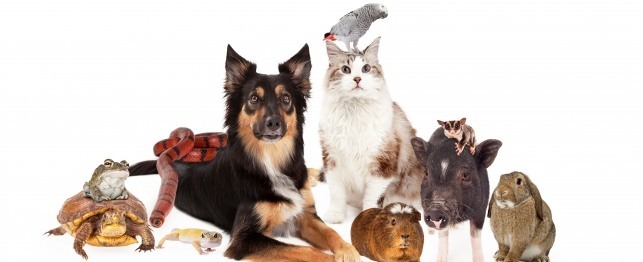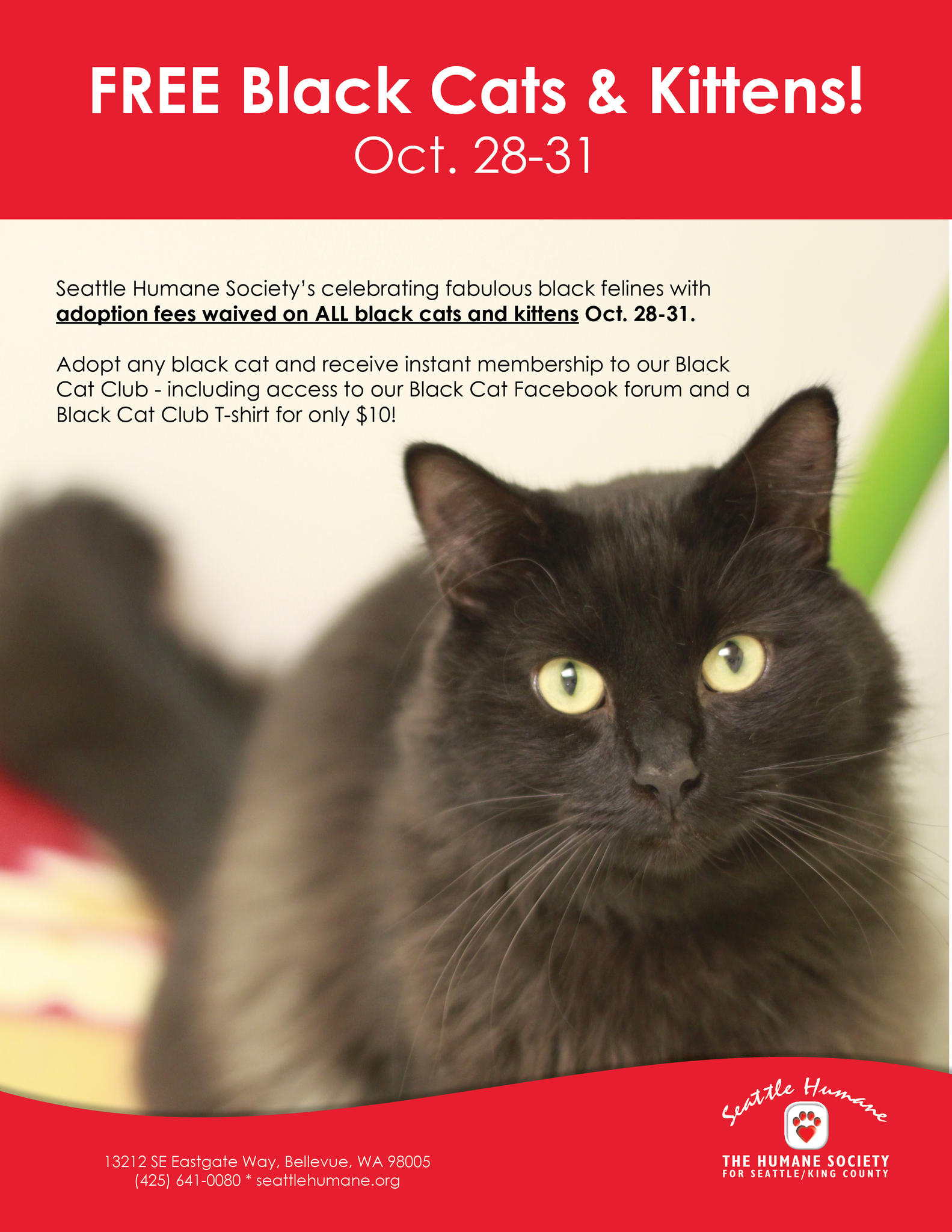

Dogs
You work the swing shift at the factory and return home early in the morning. Not quite ready to sleep, you rouse your dog for some quality-time play, but he looks at you with red, bleary eyes. It's obvious he's just feigning excitement – he'd much rather dream of chasing Frisbees than actually do it.
Several hours later, Scruffy is rested and ready to play in the sunshine, but you've adopted something of a vampire's lifestyle. That big, bright interrogation lamp we call the sun is just too harsh at midday. Your lifestyles are definitely out of sync.
If you're thinking about getting a pet, one of the first things to consider is your lifestyle. Pets have deep, emotional needs just like people. While this does not mean you have to listen to the relationship woes of your friends, it does mean you should have the time to bond with your pet.
Where you live is of course a major factor in your decision. A condo or apartment building may not allow dogs, for instance, and you shouldn't flout the rules by bringing one in. You may be forced to choose between moving or giving up your pet. Unfortunately, many people choose to give up their pet to a shelter, where there is little chance he or she can be adopted before being euthanized. You can learn more about the animal issues of where you live by reading Home versus Apartment Living.
It is far better to choose a type of pet that fits your lifestyle. This may mean selecting a companion other than a dog, cat or some other relatively high-maintenance pet. Fortunately, there is a world of options out there that can allow you to mesh your lifestyle with that of an appropriate companion. The following list is far from all-inclusive, but it may give some ideas of the things you should consider.
If you work the graveyard shift or just like to stay active at night and sleep all day, a dog is a poor choice for a pet. When you're up and active, his canine body clock is chiming that it's time to hit the hay. When you're in sweet REM sleep, he's ready to go.
For night people, consider the following species:
The first question you should ask a prospective roommate is whether he or she likes dogs, cats, birds, etc. Be cautious and ask follow-up questions about his or her experience with pets: Many people say they like pets because they are desperate for a room. Only later do you find out they really can't stand the sight of your pet. Always ask for references from prospective roommates.
The revolving roommate phenomenon can be hard on some dogs, so you may want to wait until you have a stable living situation before getting a canine.
If you're single, live alone and work a regular 8 a.m. to 5 p.m. schedule, the world is your oyster in terms of selecting the right pet. But there is another factor to consider: If you are looking for a relationship, your pet may have something to say in your choice of mates.
Leaving your pet for a weekend getaway doesn't mean you're leaving behind your responsibilities. If you take frequent trips, either for pleasure or business, you should ask whether your lifestyle has room for a pet. Leaving means making sure all your pet's needs are met, physical and emotional.
Dogs, cats, birds, ferrets and many small mammals are poor choices if you're not around. These animals bond with their human caregivers and suffer from their prolonged absence. However, there are some animals that can do well, provided they are well cared for:
 Fundamental Details For Cats For Adoption - Updated
A lot of patience and love can help your animal normalize o
Fundamental Details For Cats For Adoption - Updated
A lot of patience and love can help your animal normalize o
 Picking the Perfect Puppy
Picking the Perfect Puppy
Picking the Perfect Puppy
Picking the Perfect Puppy
 The Best Pets for New Millennial Families
The Best Pets for New Millennial Families
The Best Pets for New Millennial Families
The Best Pets for New Millennial Families
 Home vs. Apartment Pets
Home vs. Apartment Pets
Home vs. Apartment Pets
Home vs. Apartment Pets
 Vicious Dogs and Dog Attacks
Vicious Dogs and Dog Attacks
Vicious Dogs and Dog Attacks
Vicious Dogs and Dog Attacks
Copyright © 2005-2016 Pet Information All Rights Reserved
Contact us: www162date@outlook.com